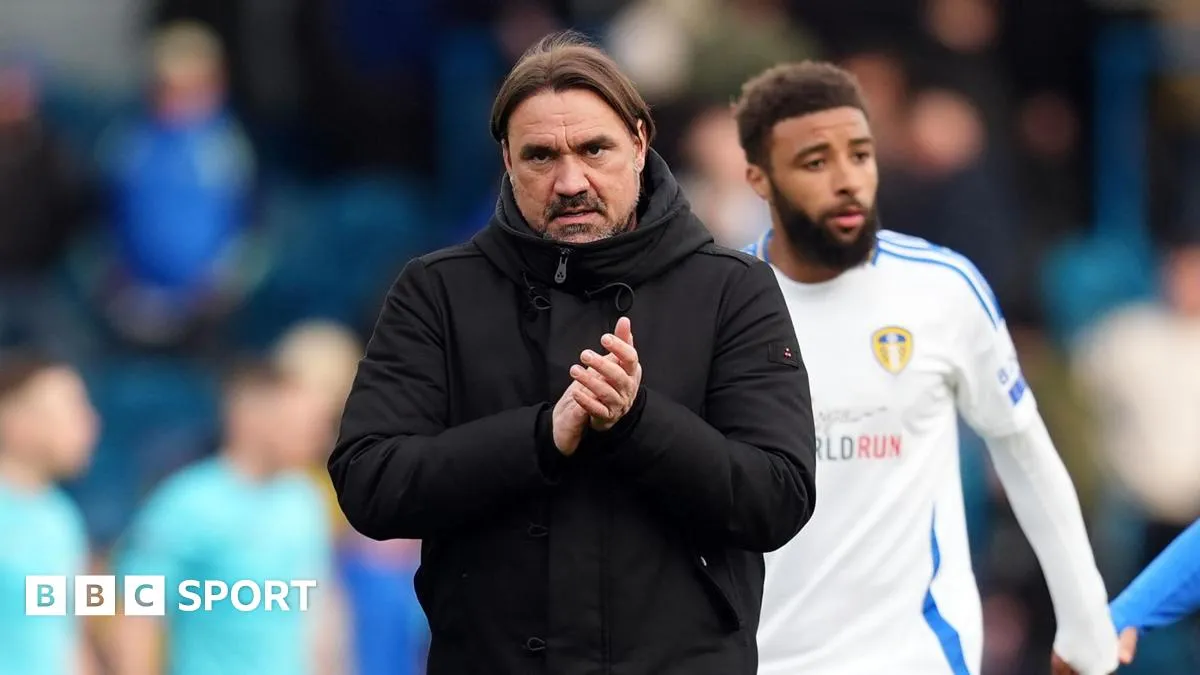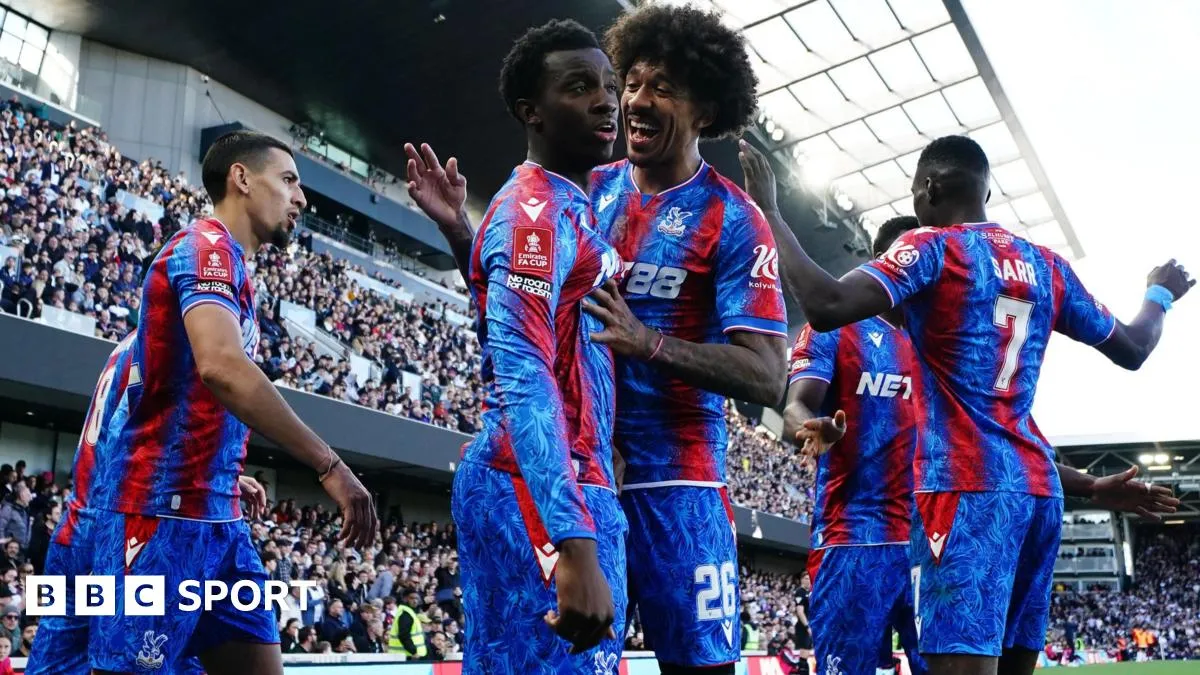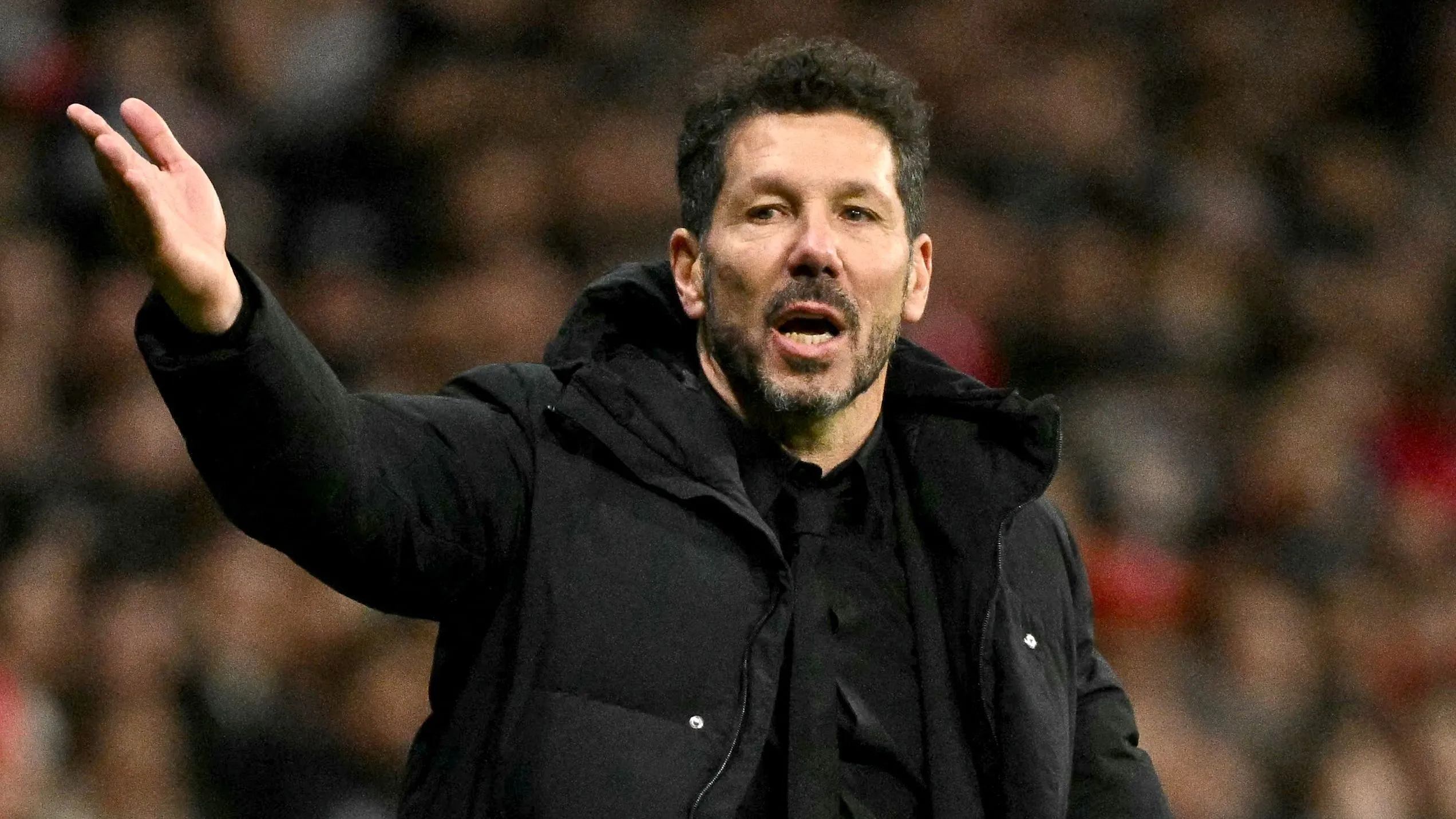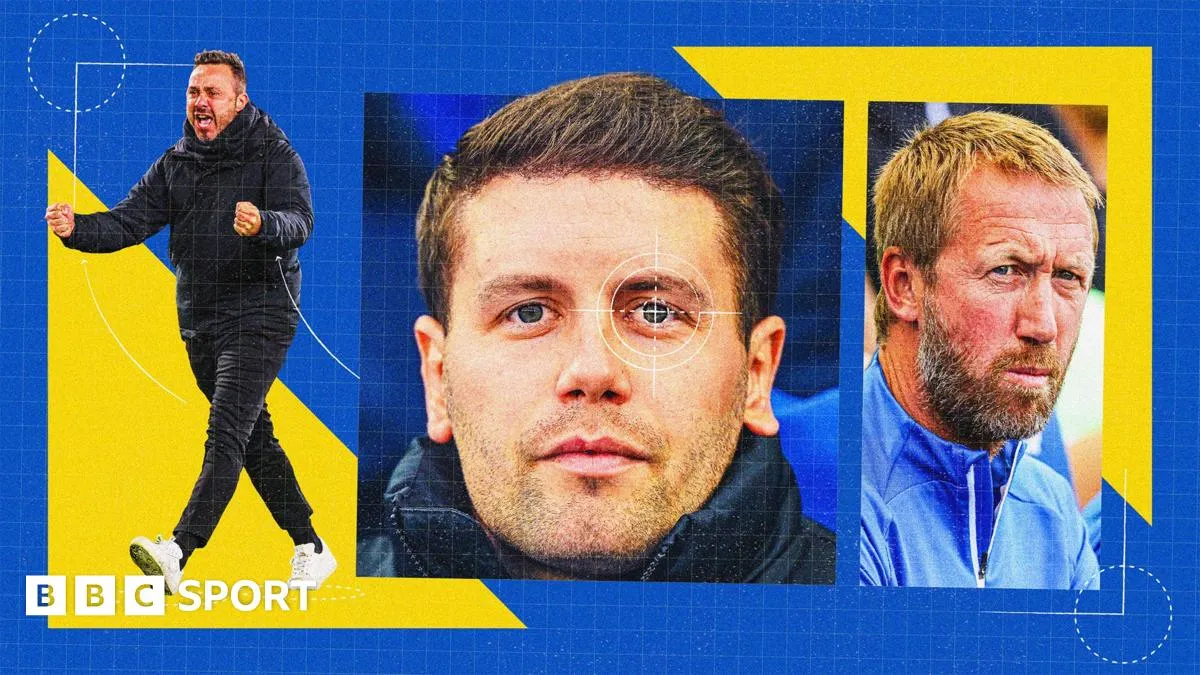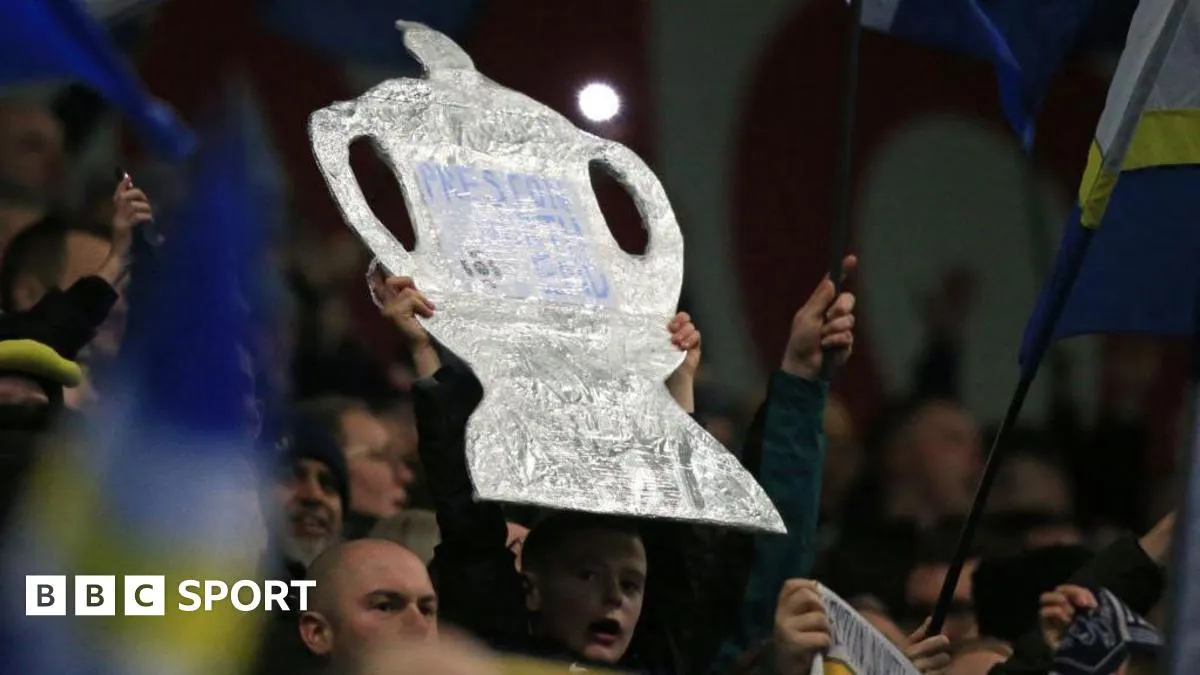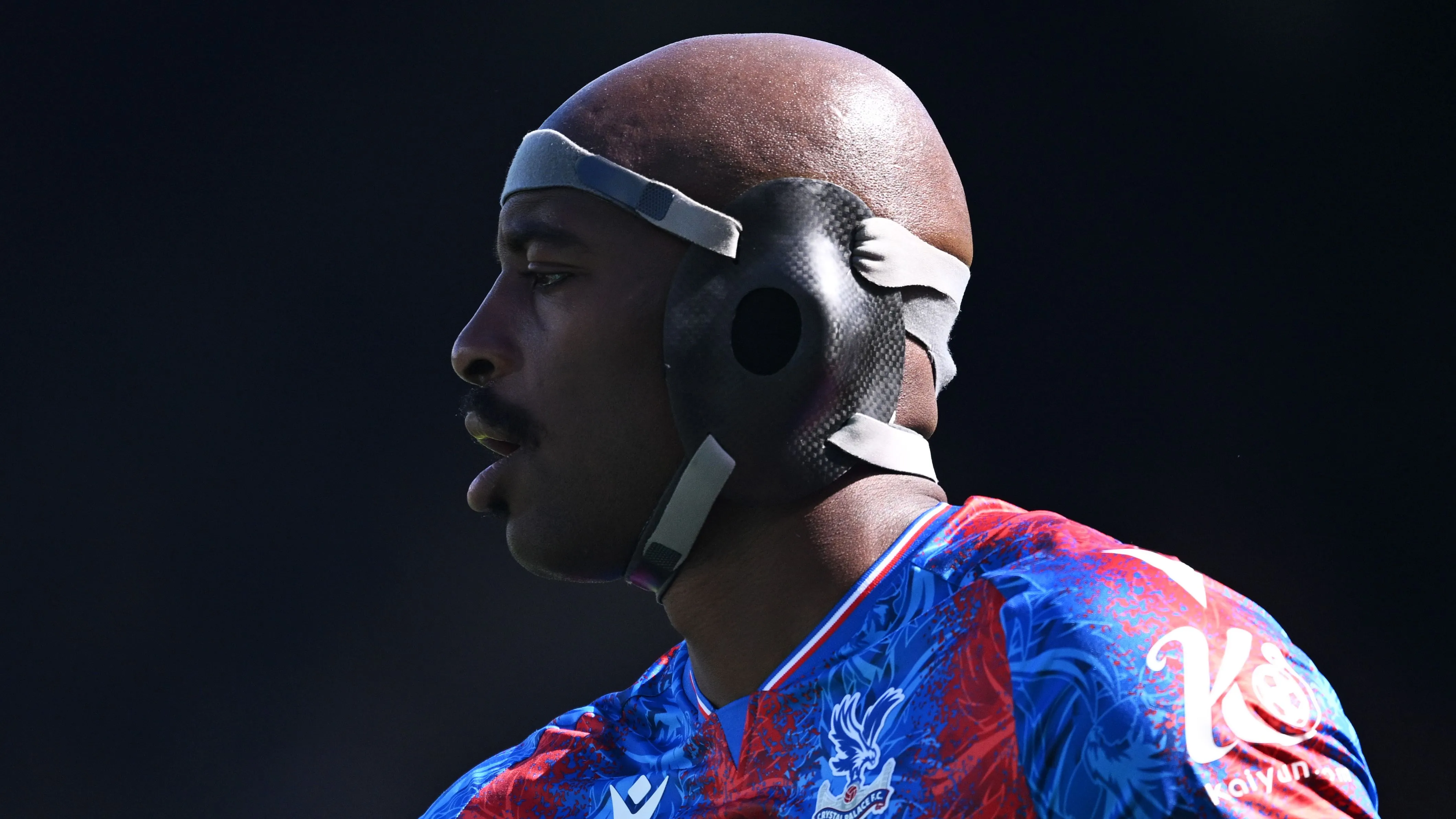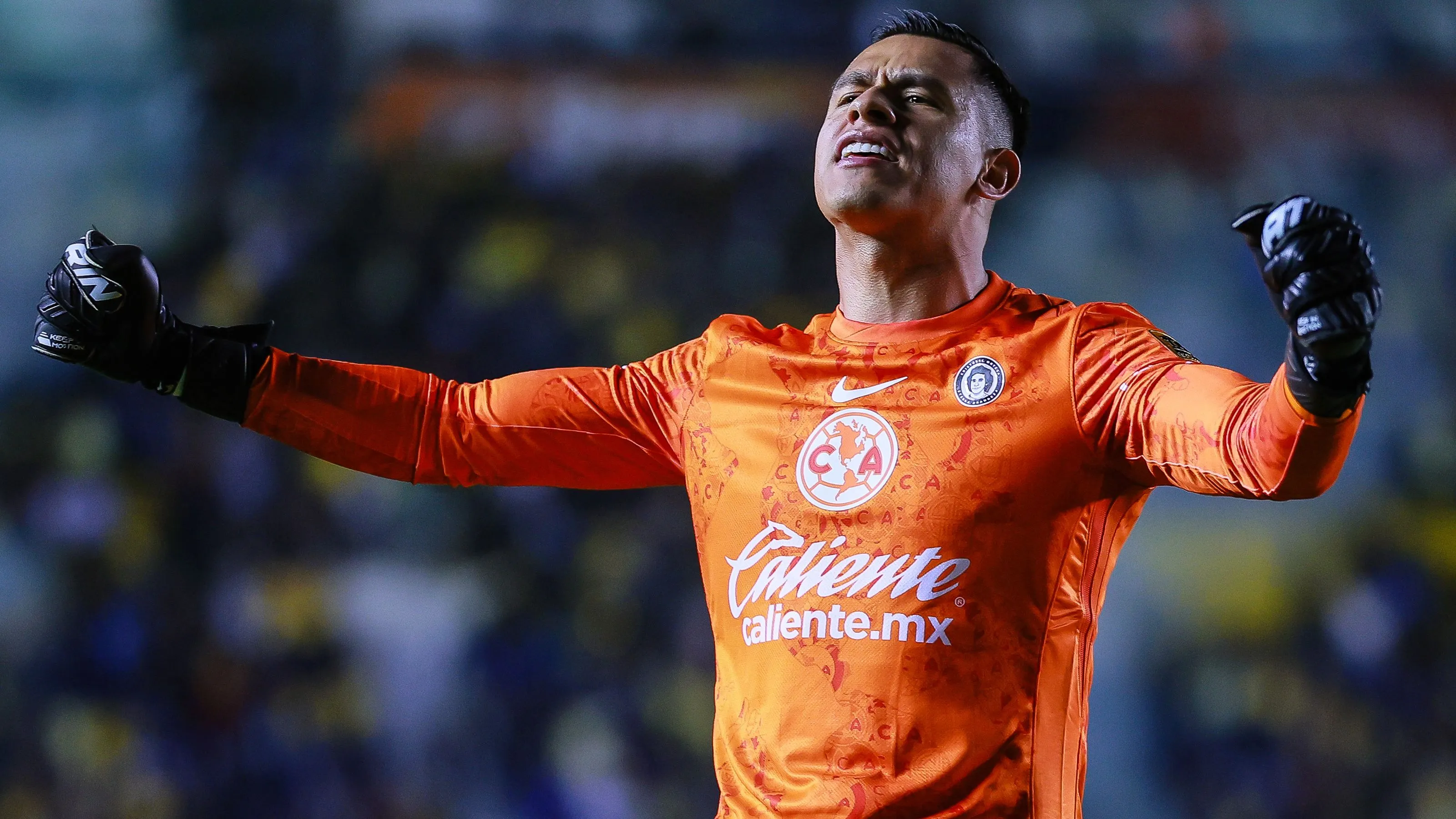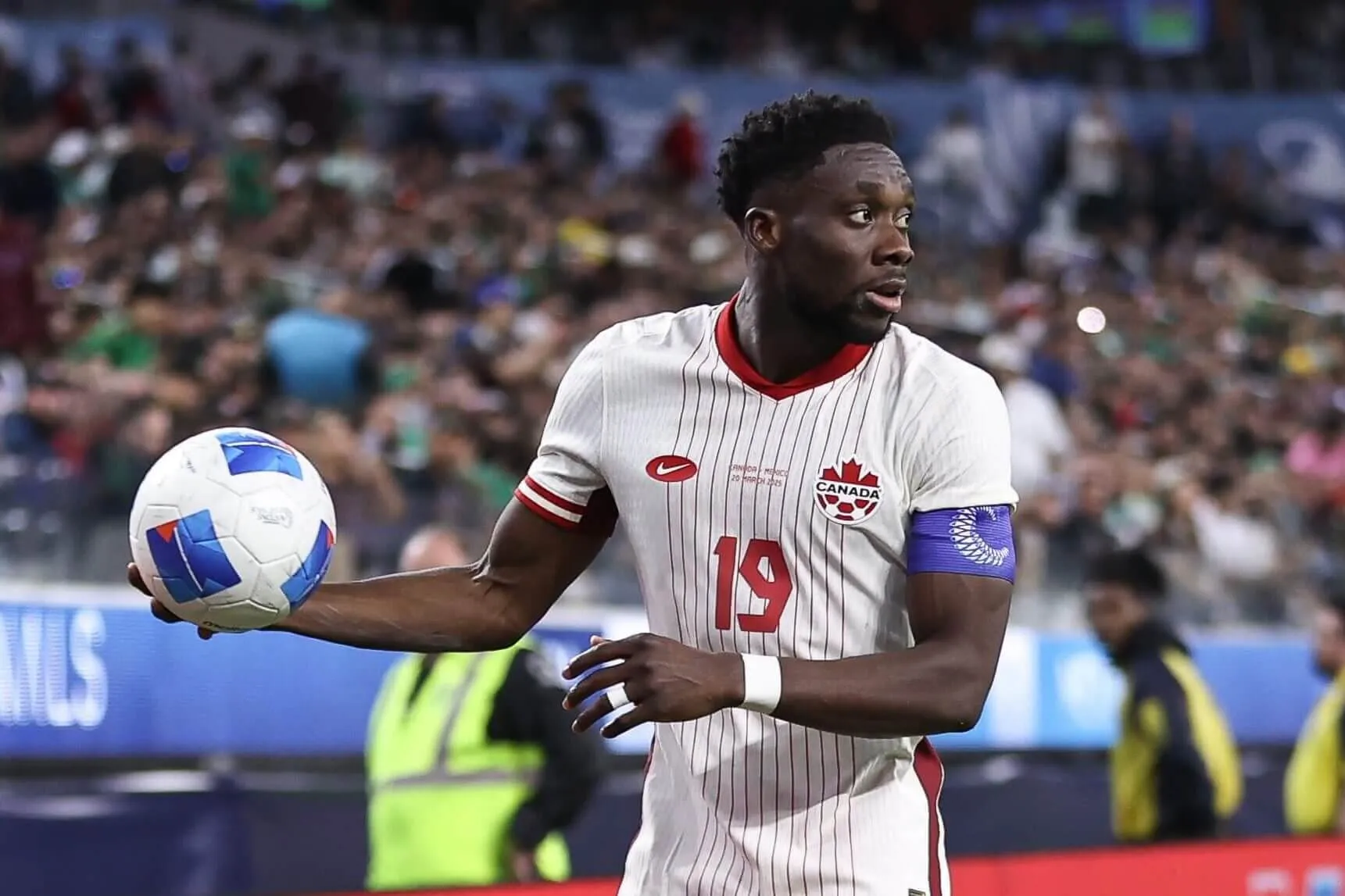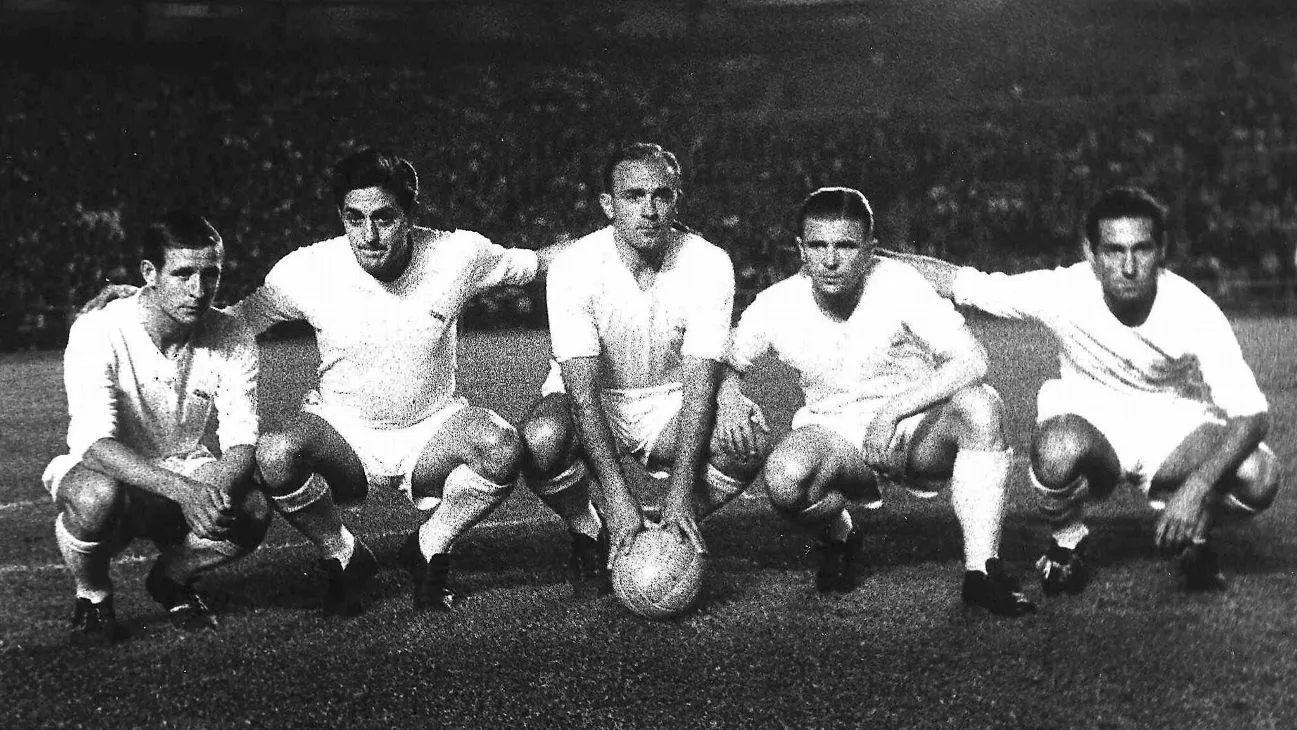
In a quiet corner of Melbourne's Olympic precinct, away from the famous statues that honor Australian sporting legends, stands a solitary bronze figure. The statue depicts a man in full flight, left foot poised to strike a ball with the lethal precision that made him a legend. This is Ferenc Puskás, one of football's greatest ever players, whose connection to Melbourne represents one of the most remarkable yet forgotten chapters in Australian football history.
Puskás, known as "The Galloping Major," was the heartbeat of the Hungarian national team that dominated world football in the early 1950s. His Hungary side suffered just a single defeat between 1950 and 1956, won gold at the 1952 Olympic Games, and famously dismantled England 6-3 at Wembley in what became known as "The Match of the Century."
After the Hungarian Revolution of 1956 left him unable to return to his homeland, Puskás resurfaced at Real Madrid, where despite being 31 years old, he scored an astonishing 242 goals in 262 appearances. During his eight seasons with Los Blancos, he helped the club win five Spanish titles, the Spanish Cup, and three European Cups. Sir Alex Ferguson, who witnessed Puskás score four goals in the 1960 European Cup final at Hampden Park among a crowd of 127,621, described him as "without question, one of the greatest players of all time."
But how did this footballing titan end up in Melbourne? And why does his statue stand in relative obscurity compared to the celebrated monuments around the MCG?
The answer lies in an extraordinary twist of fate that saw Puskás, in his sixties and long after his playing days, take charge of South Melbourne in Australia's National Soccer League during the late 1980s and early 1990s.
Puskás initially came to Australia not to lead the NSL heavyweights but to serve as a youth coach at Parkmore SC, a fledgling club with Hungarian backers in southeast Melbourne. When that arrangement fell through, connections through players who were sons of former South Melbourne board members led him to the NSL club.
His arrival was met with a level of naivety that now seems unthinkable. Paul Wade, who would go on to captain the Socceroos, recalls: "When he first arrived, we're thinking... we actually weren't thinking. They said, 'We've got a new coach called Ferenc Puskás.' And we're thinking: 'Yeah, right, good on ya. Which suburb is he from?' We had no idea. It wasn't until they showed us some stuff of him playing for Real Madrid that you go, 'S---, wow... that was a bit embarrassing.'"
This cultural disconnect extended beyond the players. Peter Tsolakis remembers when South was negotiating to sign a player from Brunswick Juventus, Puskás misunderstood and offered to call the president of the Italian giants to facilitate the transfer. "They had to say, 'No, no, no, boss -- it's the Juventus in Melbourne!'" Tsolakis told ESPN.
Despite the semi-professional nature of Australian football at the time, South Melbourne improved from eighth to second in Puskás' first campaign. The coach brought a refreshingly simple approach to the game, with his motto being "if you concede two goals, we've got to score three." Training sessions focused on ball work, shooting, and practice games, with little emphasis on defensive work or fitness.
Joe Palatsides, who now serves as an assistant coach at women's football powerhouse Lyon, remembers: "He was a fantastic guy. He really was. He probably couldn't pass on some of the traits he had as a footballer, but we would see that even in the condition he was -- he was pretty round at the time -- he liked to give Bruce Maclaren some extra goalkeeping practice. With his left foot, [he would just] keep putting the ball in the top corner and laugh."
Puskás' physical condition became part of his legend in Australia. Known for his hearty appetite even during his playing days, stories of his gastronomic feats abound, including one memorable occasion when he devoured an entire platter of pasta meant for the whole team after a game at Marconi. "They brought out a big platter, and he pulled it towards himself, put a napkin down the collar, saturated it in salt and just proceeded to eat it," Tsolakis recounted with a laugh. "Then he turned around and asked, 'where's [the team's] food?'"
To his players, Puskás wasn't "The Galloping Major" but "The Boss" – a nickname inspired by his slicked-back hair, sunglasses, and preference for Hugo Boss jumpers. Despite his intimidating aura, he was beloved by his squad for his humility and genuine affection for those around him.
Ange Postecoglou, who served as Puskás' left-back, chauffeur, translator, and captain before embarking on his own illustrious coaching career that has taken him to Tottenham Hotspur, remembers: "It wasn't just about what he brought as a coach. It was his whole philosophy to life and, by extension, to football. He was someone that had had great success but also experienced great hardship, so he had good context. Football to him was all about the joy of the game. It was about scoring goals and loving football."
Kimon Taliadoros, now president of Football Victoria, observed: "Off the pitch, he was very sincere and caring. I recall he was on exceptionally good terms with all the players' partners and families. He knew them all, and he had time for everyone. You can only do that if you're genuine and authentic and you care about people. We felt real affection, a real affection for him and from him in the group."
The pinnacle of Puskás' tenure at South came in the 1990-91 season when he guided the club to victory in a penalty shootout against bitter rivals Melbourne Croatia in the Grand Final – one of the most famous wins in Australian football history.
However, his time at South lasted just three seasons, with the club opting not to renew his contract following the 1991-92 campaign as the team's form dipped. Wade reflects on his departure with sadness: "He's a lesson to every so-called superstar that's ever played the game: They should take a leaf out of his book and learn what humility looks like."
Today, tangible connections to Puskás' time in Melbourne are scarce. Middle Park, the ground most associated with his tenure, was demolished in 1994 to make way for Melbourne's Grand Prix track. Olympic Park, the site of his Grand Final triumph, was torn down in 2011.
All that remains is that statue, tucked away beside the stadium that replaced Olympic Park – a solitary reminder of when one of football's greatest players called Melbourne home. It stands as a testament to an extraordinary chapter in Australian football history, where a group of semi-professional players were coached by a true legend of the global game, whose influence continues to resonate through the careers of those he mentored.

